Comprehensive guide to CFDs in trading – What are they?
Table of contents
In Forex, CFDs stand for the Contract for Differences. It is a type of arrangement made in a form of financial derivatives. It gives you the ability to trade assets without having to own them. Rather than buying the assets themselves, you are speculating on the possible price movements in the market.
The value of the CFD contract does not show the value of the underlying asset, rather, it indicates the price changes between the trade entry and exit. The Contract for Difference acts as a type of contract between an investor and an investment bank or spread betting firm. After the contract is finished, the two parties exchange the difference between the opening and closing prices of a trading asset. The underlying asset of CFD can be Forex pairs, cryptos, stocks, commodities, and many others.
Understanding CFDs in trading might sound a little confusing, but, it is not as hard at all. In our guide to CFDs, we are going to discuss every important aspect of CFDs trading. So, follow our guide and learn what CFDs are really about.
CFDs explained – How can it be defined?
 As we have already said, when you trade CFDs, you are not buying or selling underlying assets, such as a physical share, currency pair, or commodity. Instead, you are buying or selling a number of units of an asset. While trading CFDs, you can either go short or go long. If you believe that the price is going downwards, you will go short, meaning that you will sell the units. On the other hand, if you believe that there is an uptrend, you will go long, which means buying.
As we have already said, when you trade CFDs, you are not buying or selling underlying assets, such as a physical share, currency pair, or commodity. Instead, you are buying or selling a number of units of an asset. While trading CFDs, you can either go short or go long. If you believe that the price is going downwards, you will go short, meaning that you will sell the units. On the other hand, if you believe that there is an uptrend, you will go long, which means buying.
In most cases, CFD traders are using higher leverage. This means that the initial deposit can be quite small, and thanks to leverage, you can increase the value of your positions. However, keep in mind that using high leverage might be very risky. This is especially true for beginner traders.
Leverage in financial markets works very much like a double-edged sword. While it’s true that it can increase your profits, leverage can also increase your losses.
Register for competitive leverages – IQ option
CFD trading explained – How does it work?
While trading CFDs, a trader chooses an asset that is offered in form of CFD by the broker. It can be anything from stocks to Forex or even a commodity. The list of assets available for CFD trading largely depends on the broker you are using. You continue to buy opening a position and setting parameters such as a long position, a short position, the amount of leverage, and other regular parameters that you would use for other assets as well.
The broker and the trader engage in a type of contract, which is an agreement on the price of the position, additional fees, and other small details. The position stays open until you decide to close it. If your position is closed in profit, the broker will be required to pay you. If you end up having a loss, the broker will charge you for the difference.
In fact, there are some assets that can only be traded in form of a CFD. This includes indices such as SPX500, for example, which is not an actual physical asset. You simply can’t own a piece of an index. However, thanks to CFD trading, you get the chance to speculate on the performance of the index. This gives you the ability to invest not just in a single stock, but the whole sector of economies.
You can also trade CFDs on stocks by speculating on the possible price movements of a single stock.
Advantages of CFD trading
 CFD trading is becoming increasingly popular among traders. The main reason behind it is the advantages that it offers to traders. One of the biggest advantages that it has is that traders are able to gain profits during uptrend and downtrend alike. This depends on the position that you open.
CFD trading is becoming increasingly popular among traders. The main reason behind it is the advantages that it offers to traders. One of the biggest advantages that it has is that traders are able to gain profits during uptrend and downtrend alike. This depends on the position that you open.
As we have already said, if you believe that the price of a certain asset is going to decrease, you will be going short, which means that you will sell the units. On other hand, if you believe that the market is having a bullish trend and the prices are about to increase, you will go long, which stands for buying.
If your prediction proves to be right, you will be making profits. If you make the wrong prediction, you will have a loss. But, there are many other advantages of trading CFDs than this. Below, we will discuss some of the biggest advantages of CFDs trading.
CFD trading – Higher leverage
Compared to traditional trading, CFDs offer much higher leverage. However the amount of leverage that you can use while trading CFDs also depends on the local regulations in your regions. Generally speaking, CFDs traders tend to use higher leverage. But, you should be very smart when you use leverage.
Although it can magnify your profits and can be very helpful to trade larger volumes of positions with a little initial deposit, it also increases the risks of trading. Because of this, we believe that only experienced traders should use higher leverage.
Another huge advantage of CFD trading is that a huge majority of CFD brokers offer traders products in all the world’s major markets. This allows traders around-the-clock access to the trading market and the ability to access diverse trading assets. Also, unlike other assets, while trading CFDs, you can go short without having to follow different types of shooting rules or borrow stocks. This happens because you don’t own the underlying asset, thus, you don’t have to worry about the drawbacks that shorting has.
Understanding CFD trading – Variety of opportunities
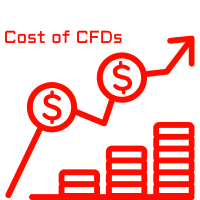 When discussing the advantage of CFD trading, it is very important to discuss the variety of trading assets that this market offers to traders. Leading brokers around the world offer traders stock, index, Forex currencies, and many other assets thanks to CFDs. CFDs are a great alternative to exchanges for those who want to speculate on the price movements in the market.
When discussing the advantage of CFD trading, it is very important to discuss the variety of trading assets that this market offers to traders. Leading brokers around the world offer traders stock, index, Forex currencies, and many other assets thanks to CFDs. CFDs are a great alternative to exchanges for those who want to speculate on the price movements in the market.
Another advantage of the CFD market is that in most cases, there are fewer rules and laws that affect the CFD trading market. It is especially true if you compare CFD trading to other financial markets. CFDs usually have lower capital requirements. AS a CFD trader, you will also have easier access to any market that is provided by the broker.
In most cases, costs of CFD trading is much lower than it is for the actual assets. This gives traders the ability to maximize their trading and use their funds to their fullest.
Disadvantages of CFD trading
With anything else in the financial markets, CFD trading does come with some drawbacks as well. While discussing the meaning of CFD trading, it is of utmost importance to discuss the disadvantages of this market. Traders should understand every aspect of it before they decide to start trading.
Traders of CFDs do have to pay spreads, although they are typically very high, they can still influence your trading. Because you have to pay spreads on entries and exits, it makes it very hard to profit from small moves. As we have already said, the CFD trading market lacks a regulatory framework. Although it can work as an advantage for some investors, it can also be a huge drawback for others.
CFD trading meaning – The risks
CFD trading is a very fast-developing field. That said, everything changed very fast as well. Because of this, CFD trading requires very close monitoring. Every trader should be aware of the significant risks that CFD trading involves. Because CFDs tend to offer higher leverage, it exposes traders to greater potential losses. While most of the brokers offer stop-loss limits and Negative Balance Protection, the risks of high leverage are still very much present while trading CFDs.
CFD trading requires investors to be very present while opening positions. You should focus as much as you can on researching the market and should only make moves when you are sure. Also, it should be noted that the extreme price volatility in the market can lead to wider spreads between the bid and ask prices. This can influence your profits a lot and is something that you should always keep in mind.
CFDs are extremely risky and there are many people who tend to not understand when to stop, which leads to overtrading.
Restrictions on CFDs in different jurisdictions
 Another huge disadvantage of CFD trading is that there are many jurisdictions that limit trading CFDs. For starters, CFDs are not allowed in the US. However, you can trade CFDs in over-the-counter markets in many major trading countries such as the United Kingdom, Germany, Switzerland, Spain, Belgium, and Denmark among many other countries. As for Australia, here, as of now, the CFD contracts are allowed.
Another huge disadvantage of CFD trading is that there are many jurisdictions that limit trading CFDs. For starters, CFDs are not allowed in the US. However, you can trade CFDs in over-the-counter markets in many major trading countries such as the United Kingdom, Germany, Switzerland, Spain, Belgium, and Denmark among many other countries. As for Australia, here, as of now, the CFD contracts are allowed.
However, the Australian Securities and Investment Commission, ASIC, which is the main financial regulator of the country, has announced that there would be some limitations on trading, including CFDs. The regulatory agency has said that its main goal is to strengthen the protection for traders, because of this, ASIC has decided to reduce the available leverage for CFD trading.
The new regulations in Australia will be effective on March 29. 2021. In the United States, the Securities and Exchange Commission, SEC, has completely restricted the trading of CFDs in the country.
However, although there are so many risks associated with CFDs in Forex, there still are many traders who are using CFDs regularly.
Trade CFDs on stocks – IQ Option
Final thoughts on CFDs trading meaning
CFDs stand for the Contract for Differences. It is a special type of agreement between two parties. Thanks to CFDs, investors are able to trade without having to own the underlying assets. This is possible by speculating on the price movements in the market.
While trading CFDs, you can either go short or long, which means that you can either buy or sell a number of units of an asset. If you believe that the price is going to decrease, you are selling, which means going short, and if you believe that the price is going to increase, you are buying, which means that you go long.
To better understand the CFD trading definition, it is a great idea to understand the advantages and disadvantages it has.




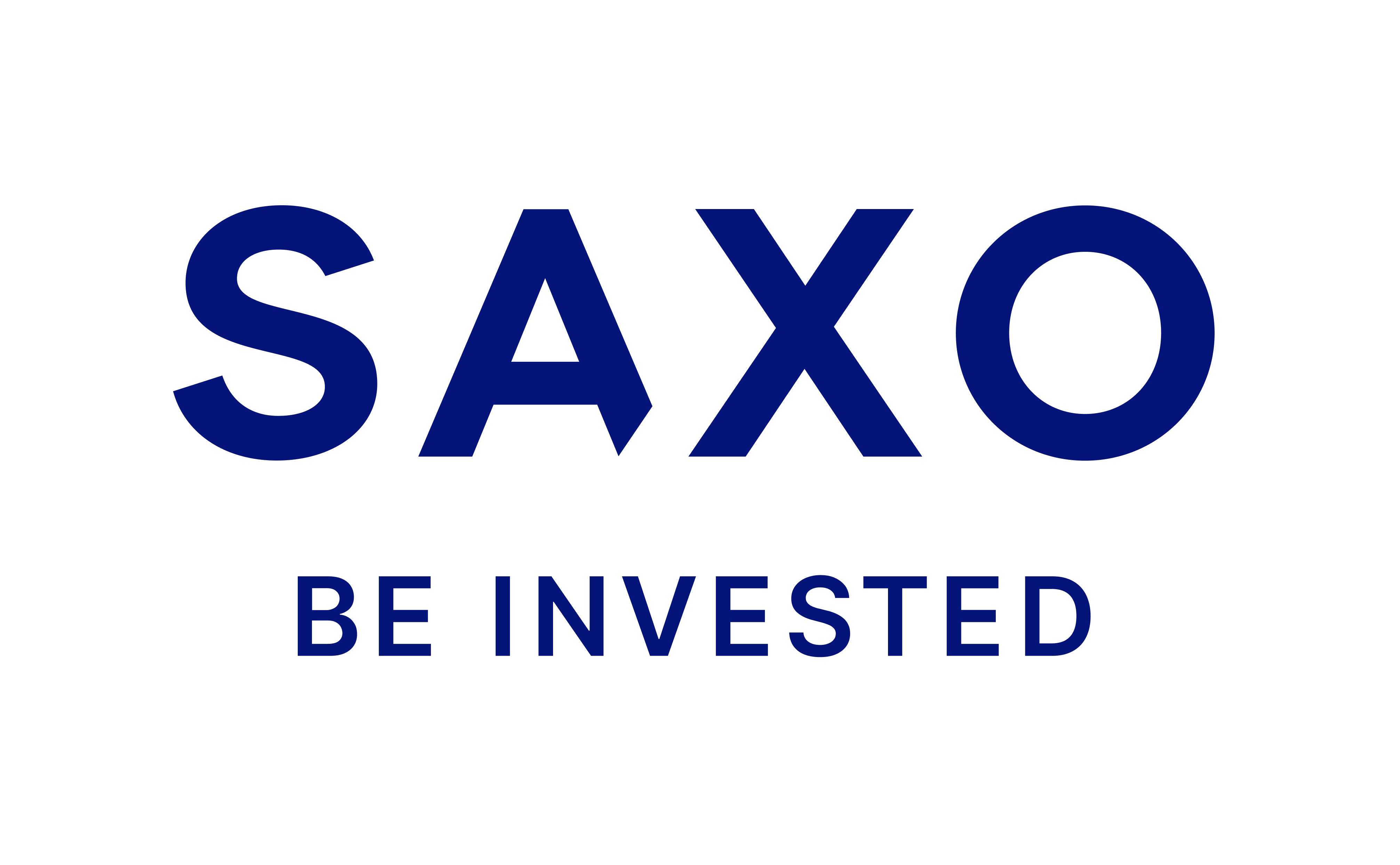





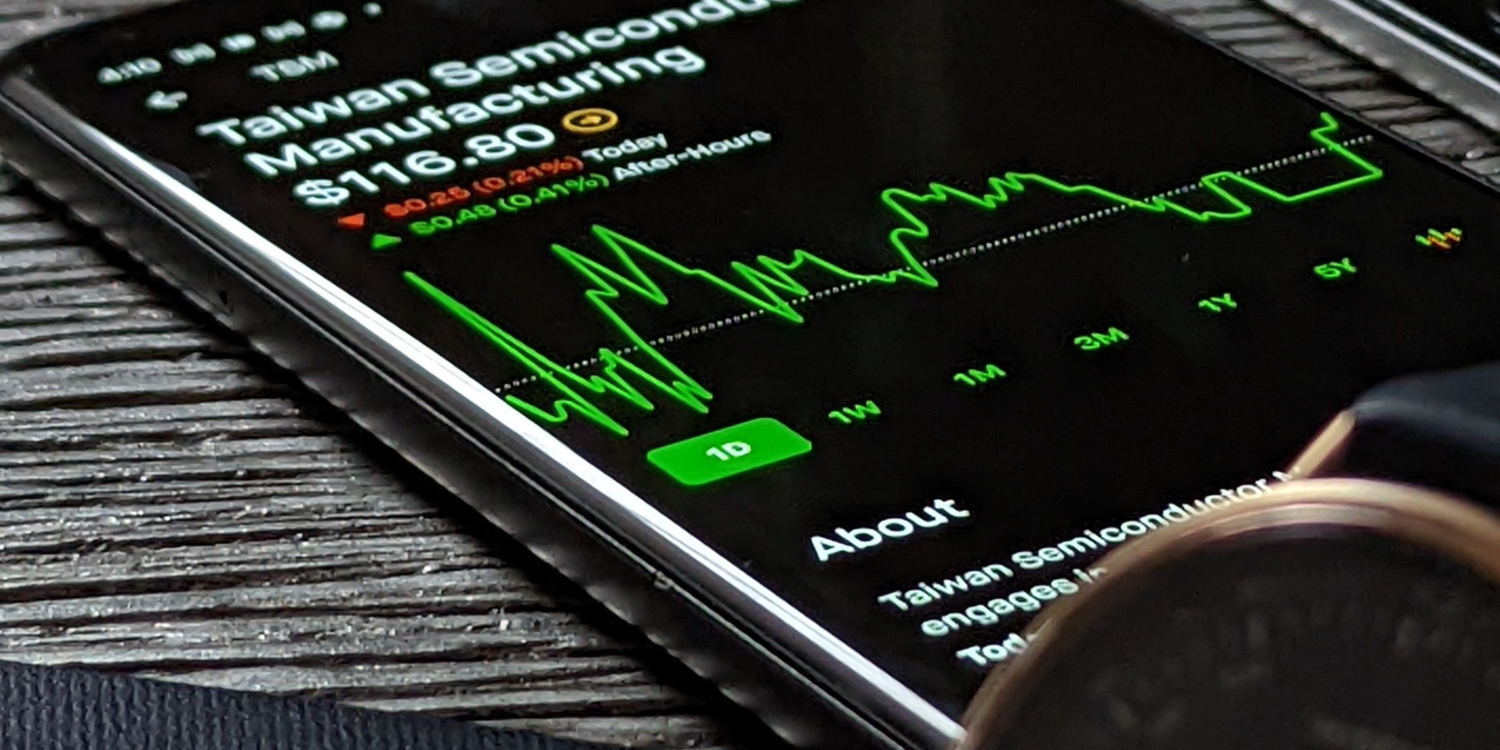
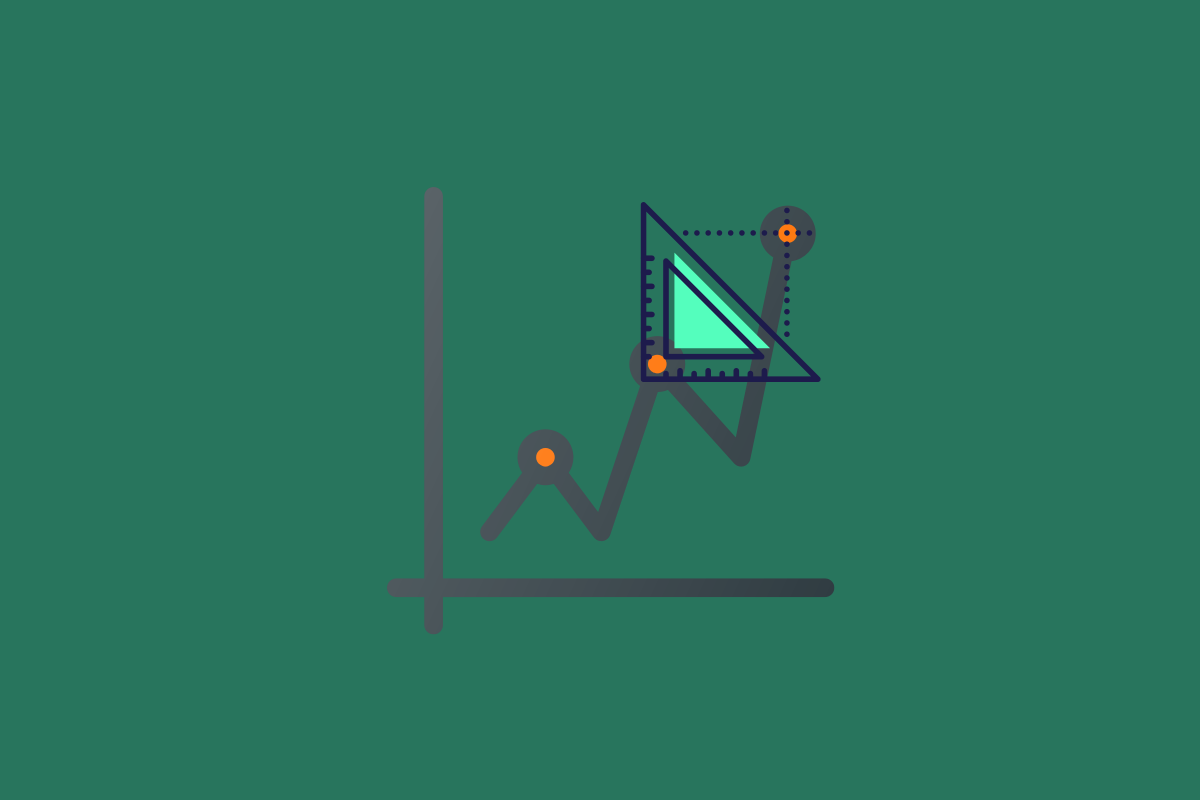
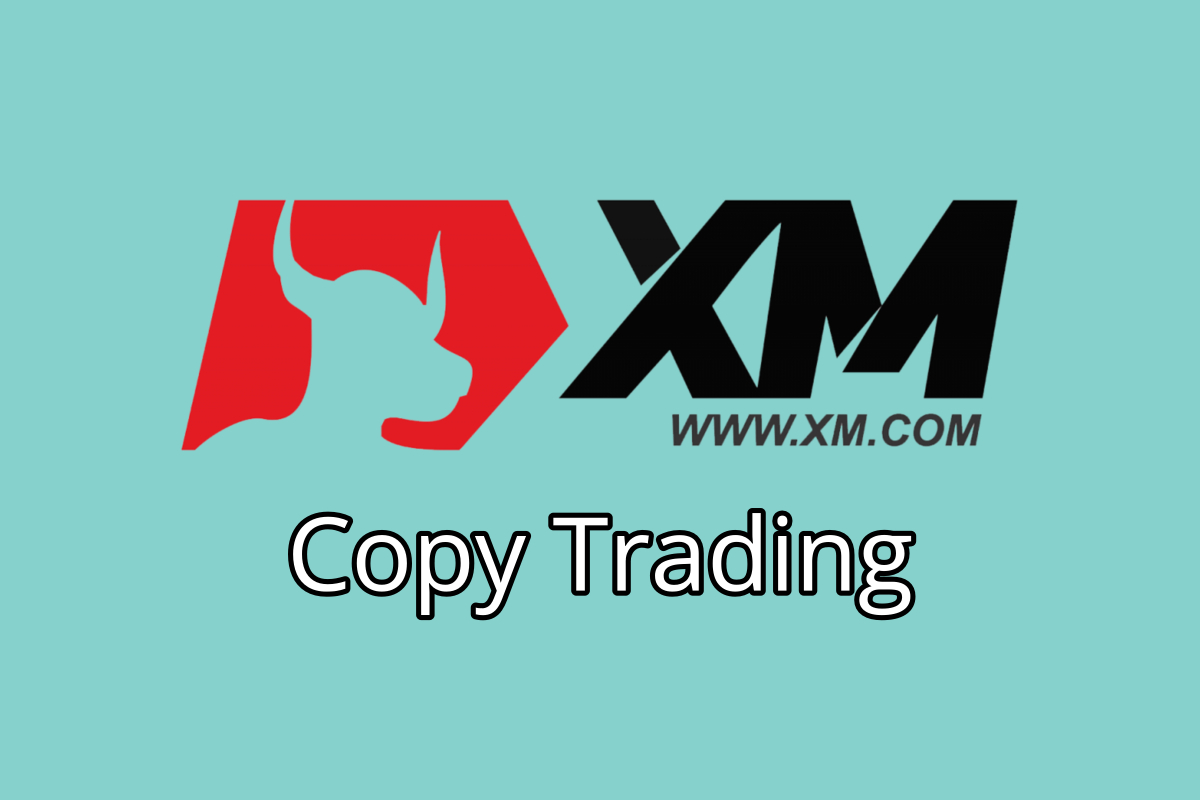
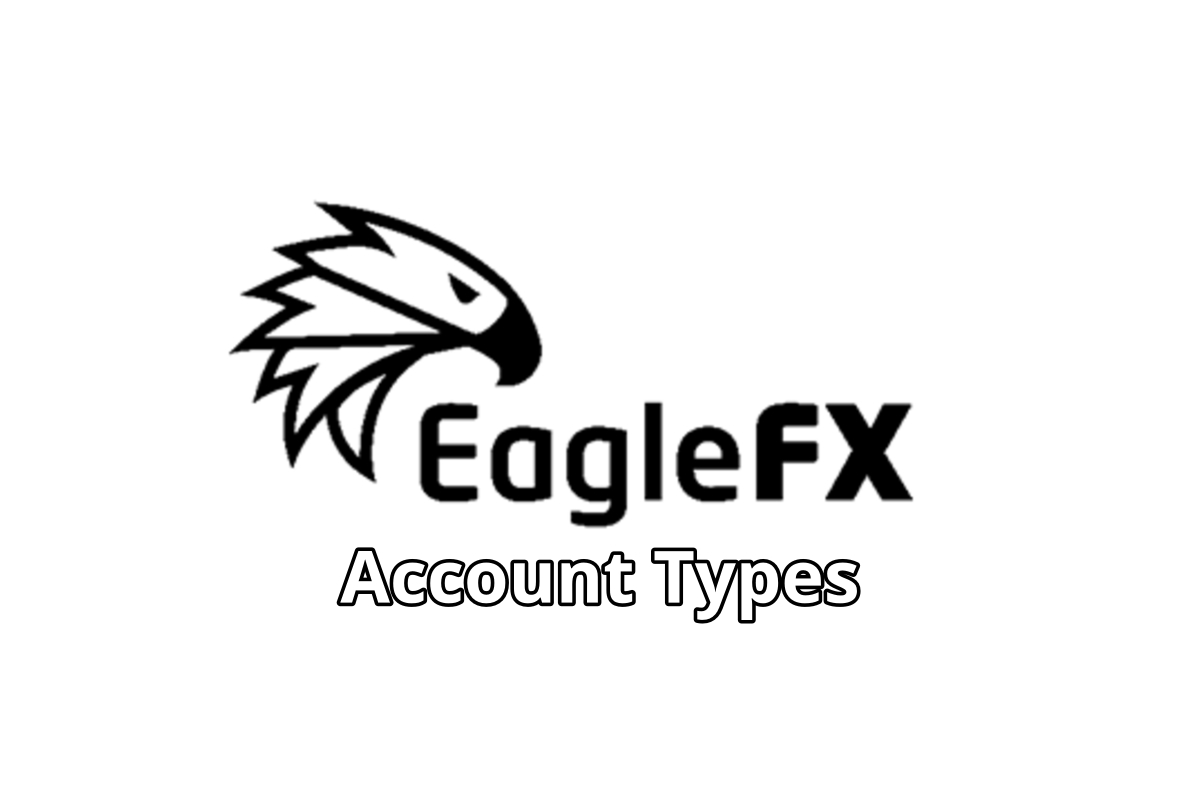







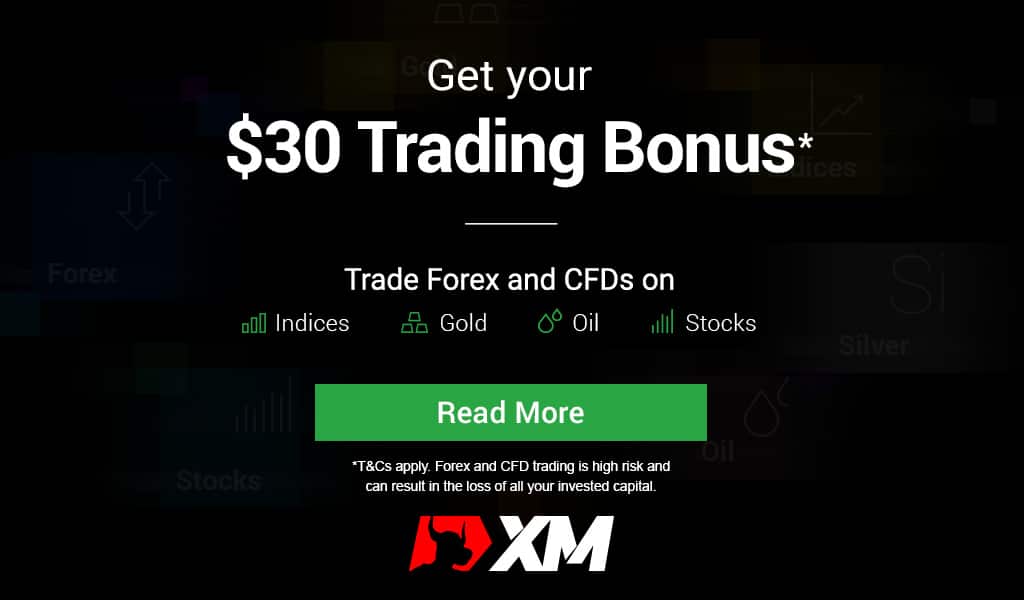
Comments (0 comment(s))